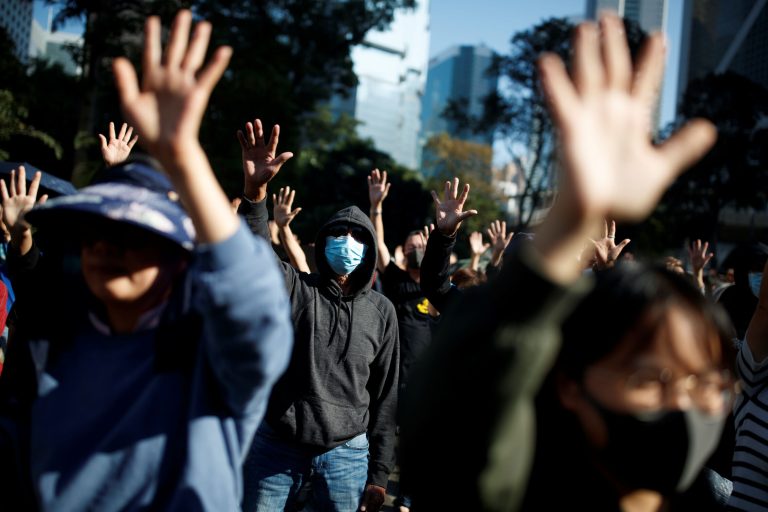Communist China is reportedly reinforcing its southern border to stop its citizens from escaping for economic opportunities abroad.
The U.S.-China trade war and the CCP virus outbreak have led many manufacturers to exit China for other Southeast Asian countries. Production disruption and social lockdown in China have left millions of Chinese jobless as employment has spiked. Many Chinese citizens now must seek job opportunities outside of China, particularly in neighboring Vietnam and Burma (Myanmar).
Southeast Asian countries are competing for direct foreign investment, targeting companies looking to redistribute their supply chains after the coronavirus greatly disrupted them inside China. Vietnam and Burma are cutting taxes, providing tax subsidies, and are launching industrial parks to attract more foreign investments. Many job opportunities have been created, which are very appealing to the local and foreign workforce.
The 191-mile China-Burma border has never been clearly defined since the border lies on top of villages and streets. Even within families, family members have different citizenships. Many parts of the border have no wall, so people move freely between the two countries despite both governments having issued regulations requiring a pass to cross the border.
On Dec. 12, an ethnic group in China tweeted two photos of a 410-mile wired fence with surveillance cameras and infrared alarm systems. This is the first phase of the border. The second and third phases will be completed by the end of 2021 and Oct 2022, respectively. High voltage fencing will be added where illegal crossings are most common.
Success
You are now signed up for our newsletter
Success
Check your email to complete sign up
In October, communist China started building two-meter (6.56-feet) high walls on the 796-mile Sino-Vietnamese border. A citizen captured the construction in a video that was shared online.
Vietnam is now seizing manufacturing opportunities as companies withdraw operations in China due to the U.S.-China trade war and COVID-19. Vietnam is the leading country in Southeast Asia to increase manufacturing and export to the U.S.
According to HSBC economist Yun Liu, many tech giants, such as Apple, Google, Nintendo, and Kyocera, have now followed in Samsung’s footsteps, moving some production to Vietnam.
Despite new economic opportunities, the Vietnamese government restricts working visas for Chinese workers. However, many Chinese work illegally in Vietnam anyway. There appear to be many Chinese workers who are seeking work outside of China, despite communist China not reporting high unemployment. The communist regime’s unemployment statistics are commonly known to be unreliable and under-reported.
A Chinese dissident tweeted about the insecurity the Chinese Communist Party feels regarding the economic future of China: “There’s only one country in the world [China] that would build walls to prevent its people from fleeing.”
Follow us on Twitter or subscribe to our email list














